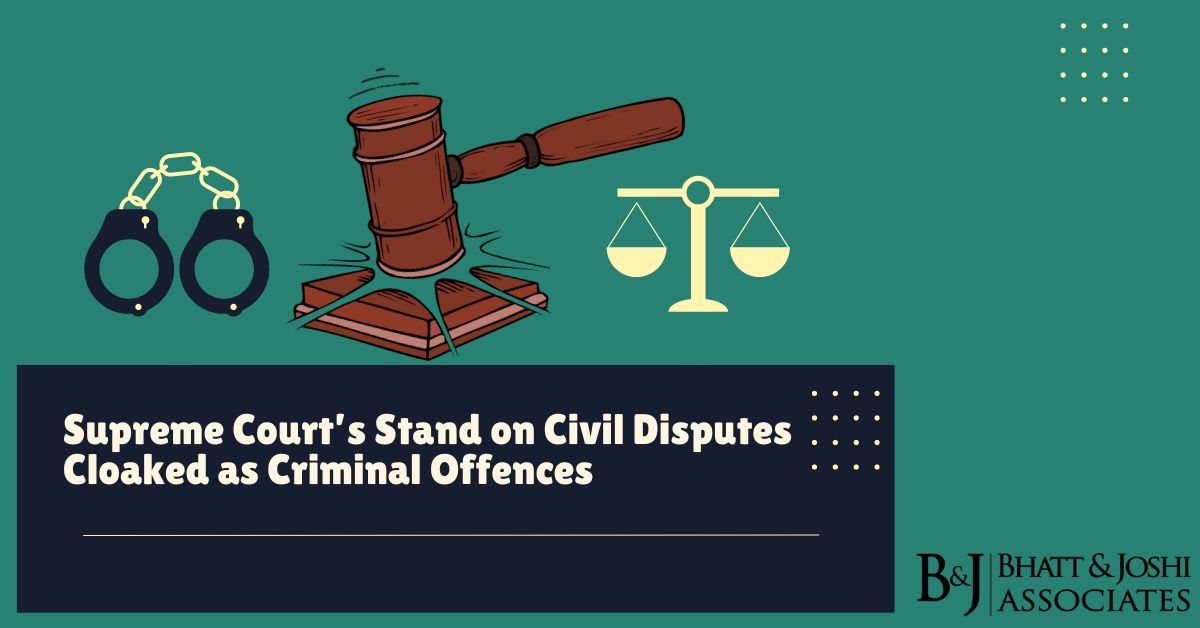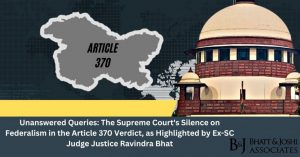Civil Disputes as Criminal Offences: Supreme Court’s Stand on Cases Cloaked in Legal Ambiguity
A Detailed Analysis of the Supreme Court’s Reiteration on the Quashing of Criminal Proceedings Arising from Civil Transactions
The Supreme Court has reiterated that the High Court, by exercising its inherent power, must quash the prosecution based on the criminal complaint arising out of a civil transaction, even when it appears that Civil Disputes are being treated as Criminal Offences. Referring to the precedent Paramjeet Batra v. State of Uttarakhand (2013) 11 SCC 673, the Court emphasized that while the inherent powers of a High Court under Section 482 of the Code of Criminal Procedure should be exercised sparingly, it must not hesitate to quash such criminal proceedings, which essentially involve civil matters.
The Case at Hand
The Bench comprising Justices Sudhanshu Dhulia and PB Varale reversed the decision of the High Court which had refused to quash the pending criminal case against the appellant/accused. The criminal case against the accused arose out of a civil transaction. The High Court was noted to quash proceedings arising out of civil transactions as the continuation of the proceedings would be an abuse of the process due to the absence of criminal intent.
The Nature of the Dispute
The dispute was that the complaint under Sections 406, 420, and 506 of the Indian Penal Code was registered against the accused/appellant for only paying Rs.62 lakhs as against the full amount of Rs. 1,01,58,574/- to the complainant for assembling the bicycle. The allegation levied against the appellant/accused was that he committed cheating by intentionally deceiving the complainant to assemble more bicycles without paying the assembling fees for more bicycles assembled by the complainant.
The Supreme Court’s Observation on Civil Disputes as Criminal Offences
After finding that the dispute between the parties is purely a civil dispute emanating from a civil transaction where a settlement was also being arrived between the parties, the Supreme Court found that this is a case where the inherent powers should have been exercised by the High Court under Section 482 of the Criminal Procedure Code as the powers are there to stop the abuse of the process and to secure the ends of justice.
Conclusion: Upholding Justice in Cases of Civil Disputes as Criminal Offences
The Supreme Court placed reliance on its earlier Judgment of Paramjeet Batra v. State of Uttarakhand, to hold that the High Court must not hesitate in quashing such criminal proceedings which arise out of a civil nature. The Court noted that a complaint disclosing civil transactions may also have a criminal texture. But the High Court must see whether a dispute which is essentially of a civil nature is given a cloak of criminal offence.









